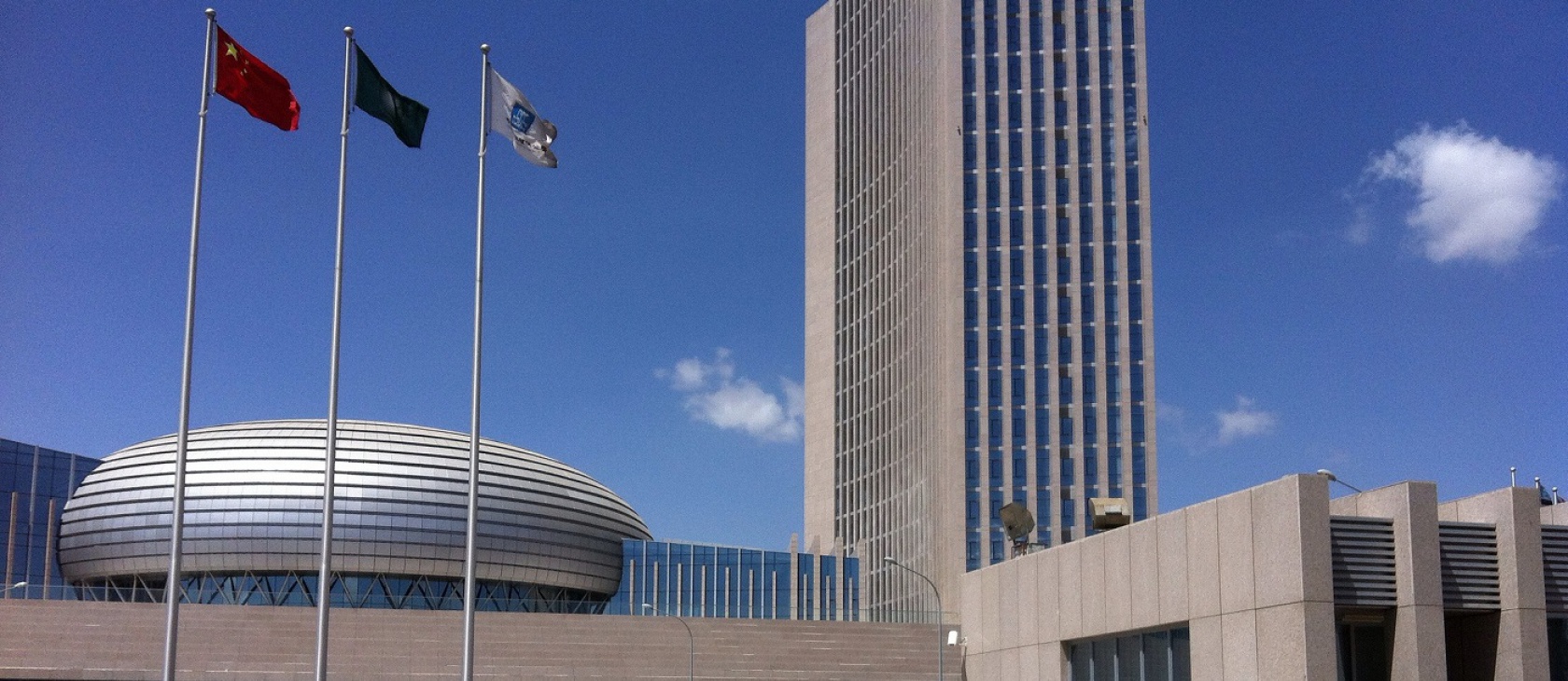In early 2018, all 54 member-states of the African Union (AU) will sign an agreement for a Continental Free Trade Area (CFTA) to make Africa the world’s largest common market. The CFTA could increase trade within the region by an unprecedented 50 percent and create about $35 billion in benefits.
This is necessary, as intra-African trade only constitutes 18 percent of the continent’s total trade – an abysmal rating compared to the European Union’s (EU) 70 percent. But a well-implemented free trade treaty could increase trade and benefit the ever-growing population of the continent with more material resources. It would also likely give Africa an advantage in negotiating more equitable agreements with the EU.
Trade relations with Europe
The EU is modern Africa’s oldest trade partner and, despite the decline in their economic relations in the last 14 years, the CFTA could still help Africa get the best out of this historically one-sided partnership.
Since the formalization of trade agreements between Europe and Africa in the mid-1900s, the EU has leveraged the weakness of intra-African trade to its benefit. Yet to this day, the AU is guilty of not building an environment allowing strong trade relations among African countries and Regional Economic Communities (RECs), which is necessary to propel development. This treaty has the potential to change that.
Implementing the CFTA stands to provide countries and RECs more market options within the continent, giving the EU some competition. China’s increasing engagement with the continent provides another possible trading partner. With Europe recognizing these alternatives, Africa would have the opportunity to elevate its bargaining position with the EU. Moreover, Africa’s development commitments may give it more reasons to increase imports from Europe through the next two decades.
The possibility of increased trade – within Africa, with the EU, the UK, China, and other regional economic powers – is the most important path to open Africa’s doors to boundless prosperity.
The continent is currently projected to spend at least $6 trillion on infrastructure by 2040 as part of its industrialization effort. This translates to a greater need for many of the commodities it imports from the EU like machinery, fuels, and chemicals. The proposed text of the CFTA would allow countries and RECs to negotiate these new deals in Africa’s favor and improve their existing Economic Partnership Agreements (EPAs) with the EU.
The AU affirmed that the right sequencing of the CFTA and EPAs should allow Africa to use the CFTA to build on the liberalization commitments achieved by individual countries and RECs, which seems to be its true goal. Interestingly, with the exit of Great Britain from the EU depleting the European economic strength, Africa could cash in on another solid advantage furnished by Brexit.
The UK is already one of Africa’s largest European partners, and leading Brexiteers have raised the possibility of importing more goods from Africa once the UK no longer has to abide by the EU's Common Agriculture Policy, which imposes 18 percent tariffs on African agricultural goods. Of course, the post-Brexit EU would equally want to replace trade lost by Brexit. What this means is a new scramble for trade in Africa between Britain and post-Brexit EU that perfectly plays in the continent’s favor.
CFTA could spur Africa’s industrialization
More than ever, Africa’s economic potential as a market - especially as a home for technologically driven commodities to serve its sprouting population – is attracting interests from emerging super-economies like China, India, and Israel. Coupled with the overall nature of the CFTA’s Action Plan on Boosting Intra-African Trade (BIAT), the continent is bound for a synergy that promises to transform its economy in the shortest possible time. The free trade plan would integrate the numerous fragmented markets to cooperate directly to increase productive capacity, information exchange, improved infrastructure, and financial flow.
More strategically, it attempts to reorganize the geo-economic landscape of a divided Africa. The agreement would eliminate custom procedures to create freer movement of trade across borders.
This open market could have unprecedented effects on other sectors directly connected to the economy. To understand how this might work, take aviation as an example. Aviation service providers struggle to comply with dozens of separate state regulations. But if for instance, a quarter of these 54 African countries significantly reduce their aviation regulations, they could see an estimated $1.3 billion boost to their collective GDP, adding an extra five million passengers and 155,000 jobs annually. This is a potentially definitive boost towards building a formidable aviation sector in Africa. The same changes would almost certainly transform other promising sectors under heavy state regulation that are central to industrialization, like power and telecommunications.
An even greater benefit, which the AU and economists are not adequately stressing, is the transformation of Small and Medium-sized Enterprises (SMEs). With custom duties out of the way and other restrictions lifted, SMEs are most likely to see increasing returns and, potentially, the need to expand.
The possibility of competing with EU firms for their local consumers should inspire these SMEs to build better brands to reach an expanding continent. African governments would not have to craft policies to enhance SMEs market competitiveness, as that would happen naturally in an open market.
However, the beauty of this historic agreement is the simple-yet-vital change it promises to inaugurate in the continent. If this deal survives for at least a decade, it will have allowed African entrepreneurs to share their talents in a fast-evolving global market. Technological innovations that have helped some countries improve will be transferred to others through trade. The higher volume of trade will increase Africans’ personal, material well-being, especially those of the millions ravaged by poverty on the continent. And the possibility of increased trade – within Africa, with the EU, the UK, China, and other regional economic powers – is the most important path to open Africa’s doors to boundless prosperity.
For an Africa faced with what seem to be daunting challenges that many believe can only be solved by greater central coordination, the decentralized and organic coordination brought about by the CFTA is an all-around winner.
(Photo credit: hiroo yamagata. This photo has been cropped. CC BY-SA 2.0.)




